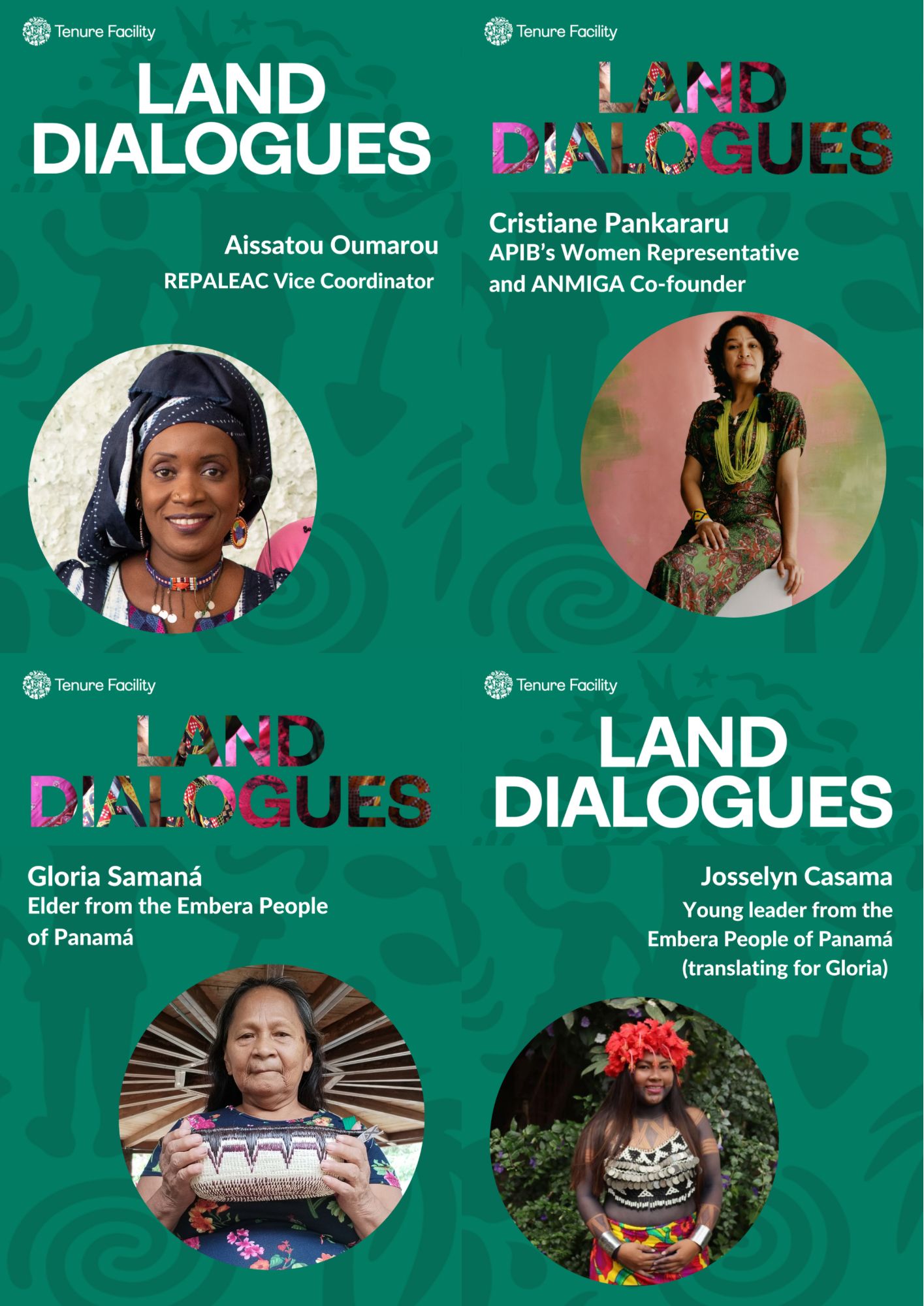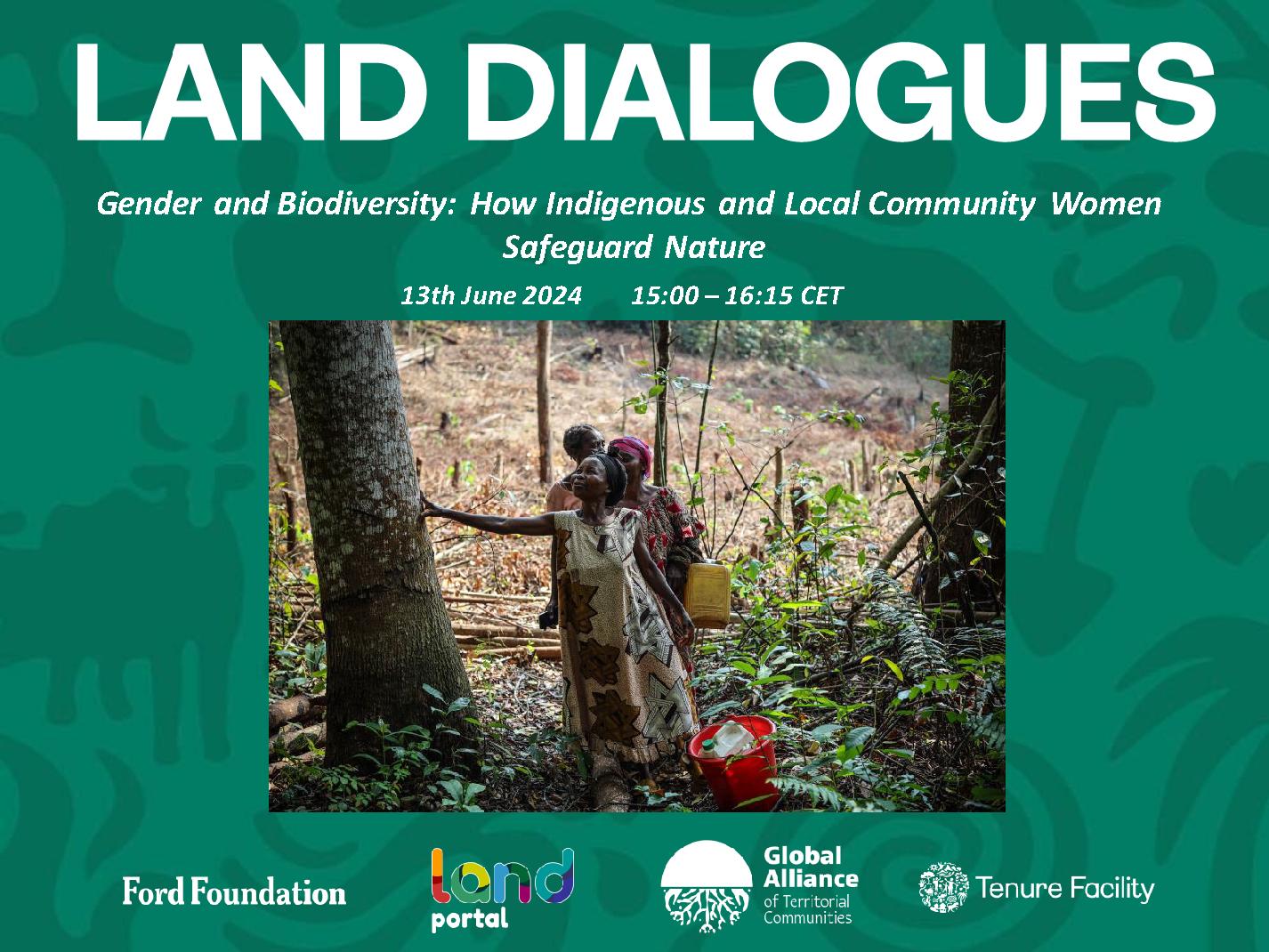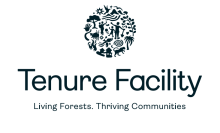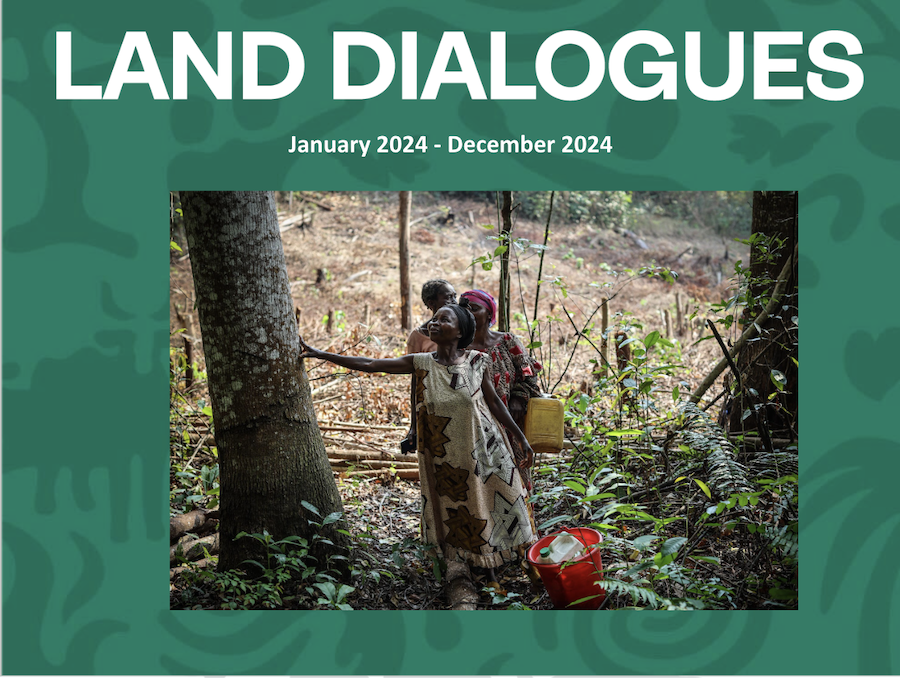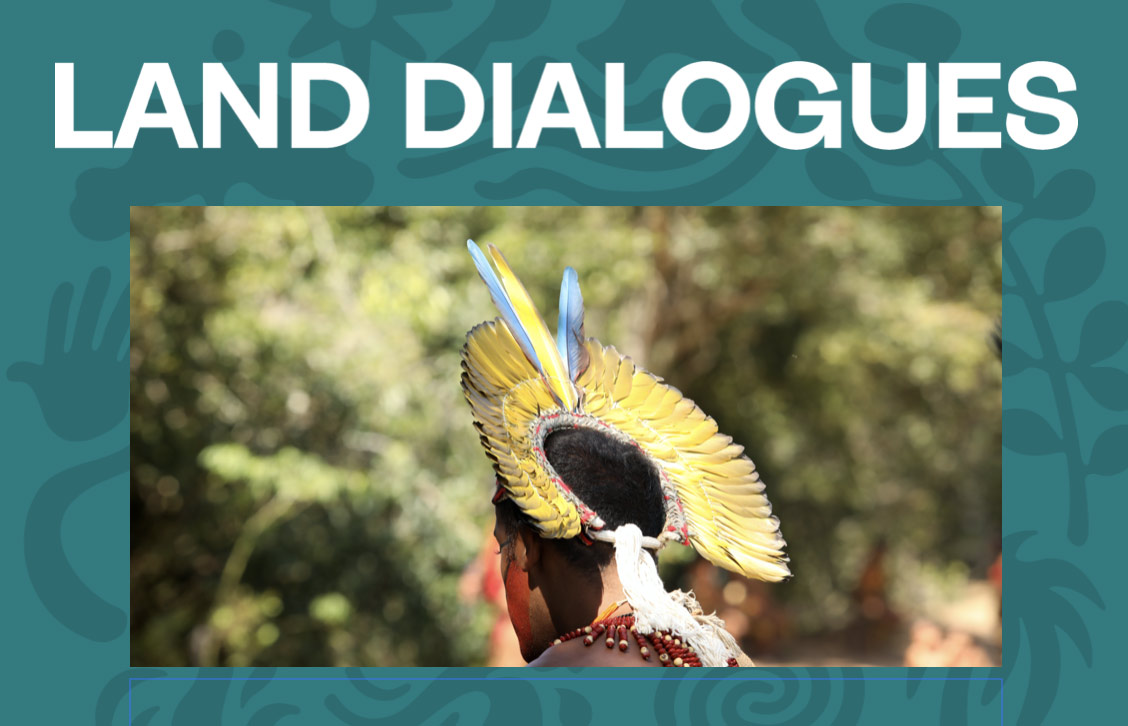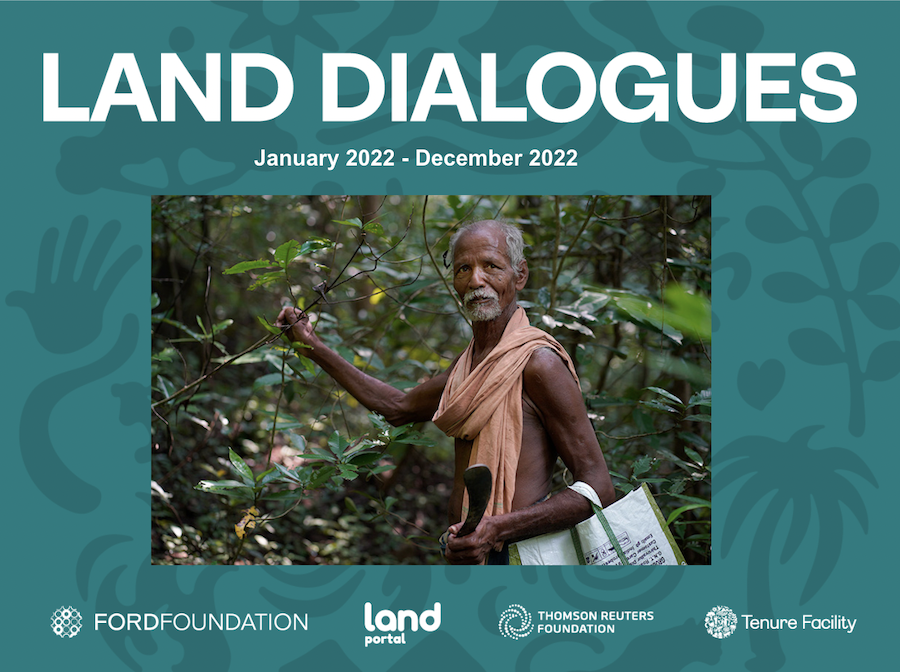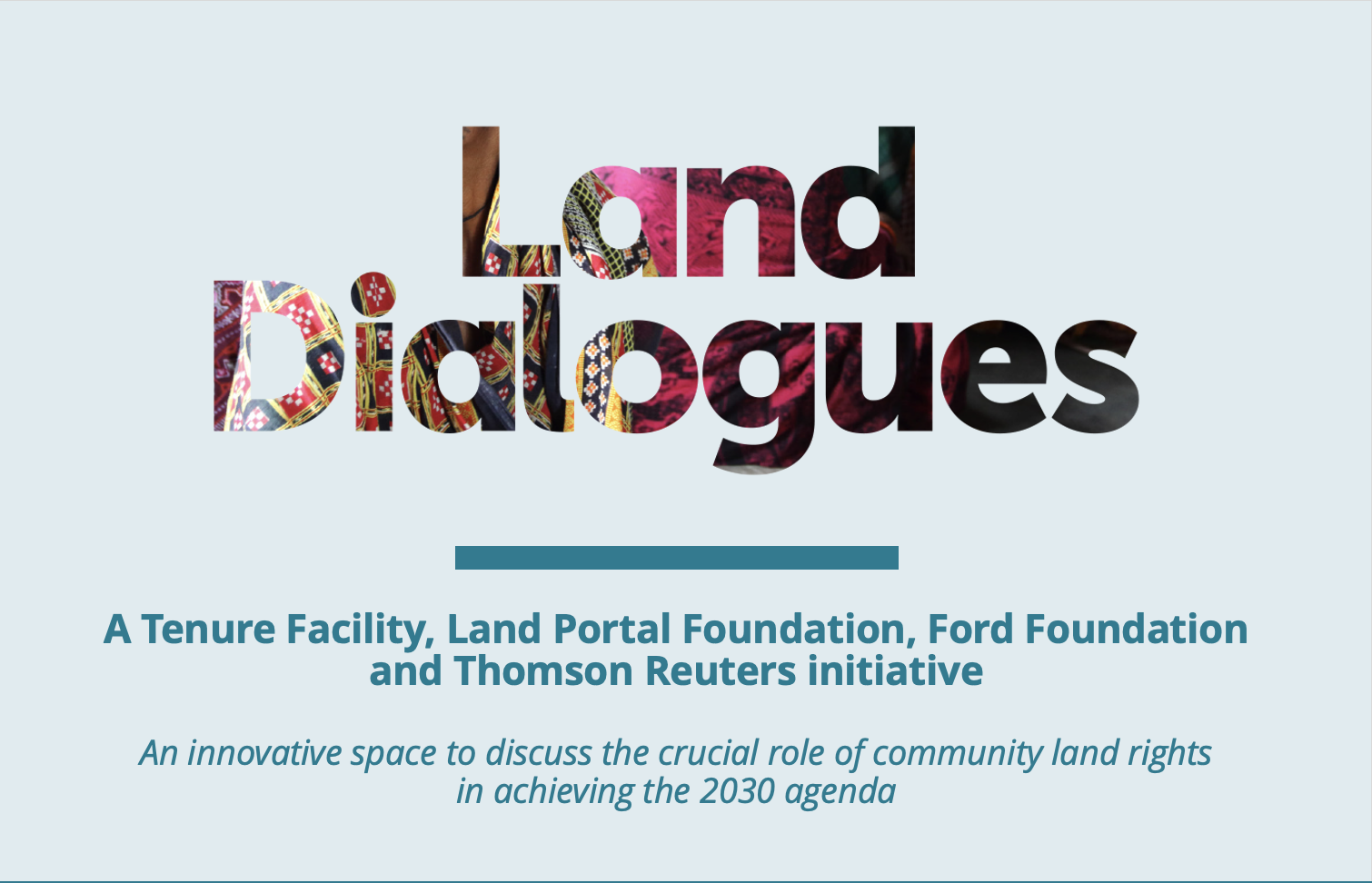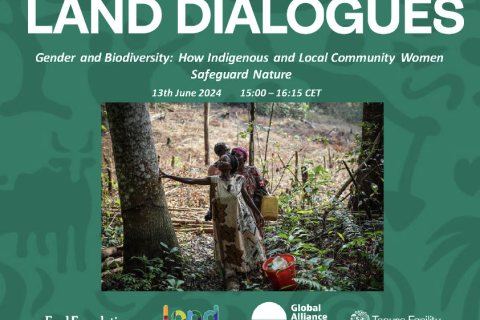Indigenous women’s knowledge is rooted in ancestral understanding of the natural world and the accumulation of observations of local phenomena. The most significant aspect of Indigenous women holding and preserving this traditional knowledge is their holistic approach, which encompasses a wide range of domains beyond mere specialization. They possess an intricate understanding of various species, considering their nutritional value, medicinal properties, and ecological roles. This knowledge, passed down through generations, not only enriches their communities but has been crucial for Western science. Indigenous women's insights have often informed Western understandings, leading to the development of medicines and a deeper understanding of climate phenomena such as droughts, floods, and biodiversity migration.
However, despite their invaluable contributions, Indigenous women's roles continue to be marginalized, often relegated to the status of beneficiaries rather than recognized as partners and agents of change. They face intersecting challenges due to their gender and Indigenous identity, enduring various forms of discrimination.
During the webinar, we explored these themes and emphasized the importance of amplifying the voices of Indigenous women in discussions surrounding the Global Biodiversity Framework and COP16. The session highlighted how integrating their perspectives into global dialogues on benefit-sharing and biodiversity conservation is crucial for achieving more effective and inclusive outcomes.
